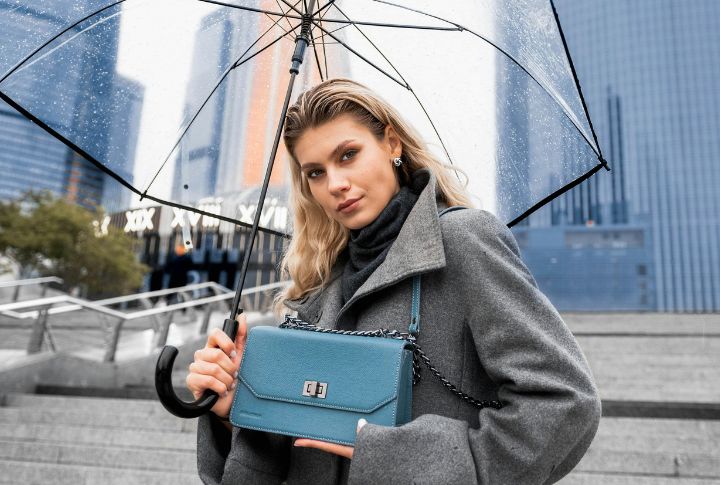
Ever clocked someone’s vibe and instantly guessed their income bracket? You’re not alone. The way people walk into a room or react when the bill arrives can quietly reveal financial secrets. These subtle signals are everywhere—and once you know what to look for, you’ll never stop spotting them. Get ready to spot these 20 habits that separate quiet money from loud performance.
Tipping Habits At Restaurants Or Cafes
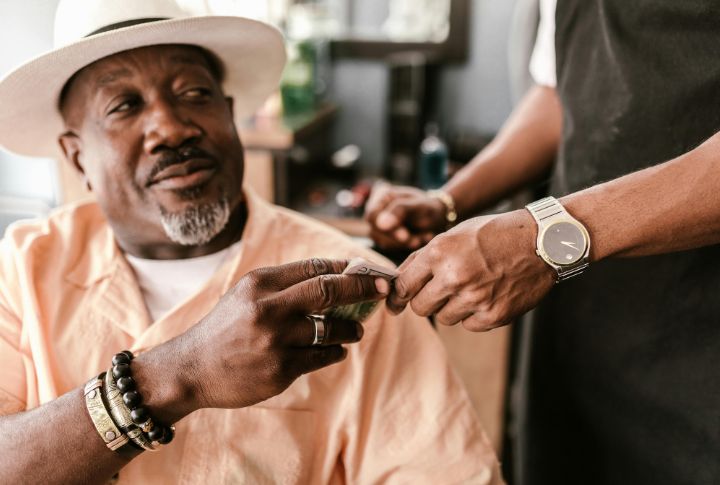
Generous tipping reflects a comfort level with discretionary spending, but it doesn’t always show the highest income. In fact, people with substantial wealth are sometimes less inclined to tip; well, maybe because they see it as optional. Whereas, consistent tippers come from more established generations, showing a steady appreciation for service staff across all income levels.
Choice Of Transportation For Short Distances
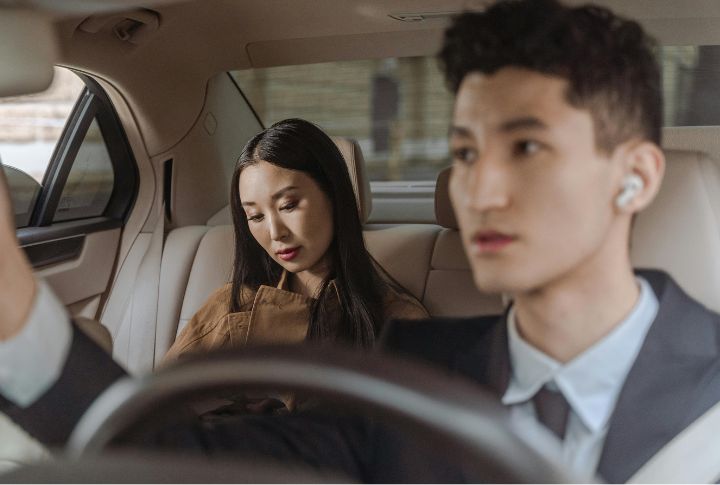
Choosing a luxury ride-hailing service for a short trip suggests someone who values convenience and speed over cost. On the other hand, the increasing use of bikes, e-scooters, or public transport in cities suggests a budget-conscious lifestyle. This preference for greener, cheaper options could show a willingness to trade a little time for significant savings.
How They Handle Unexpected Charges Or Fees
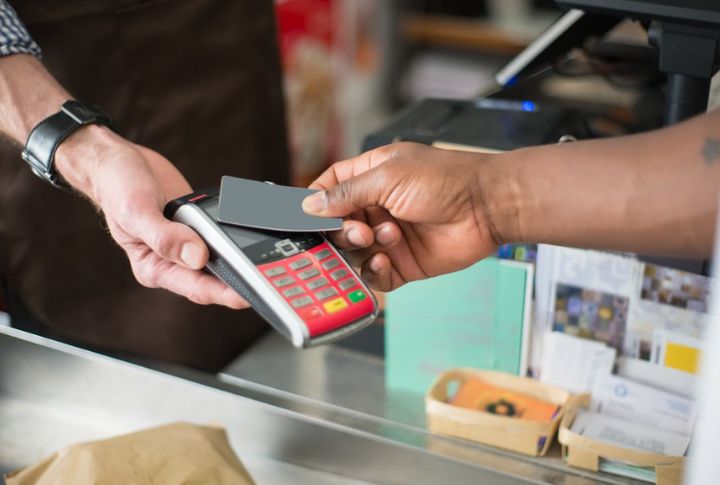
People who deal with a surprise fee with a casual shrug and a quick card swipe likely have a solid financial cushion. However, a person who visibly winces or immediately tries to negotiate the charge might be operating with a tighter budget. Their immediate reaction could offer a glimpse into their current financial breathing room.
Brand Visibility On Clothing And Accessories

Today, displaying wealth has shifted from loud, prominent designer logos to quiet luxury. The truly affluent now often wear clothing with subtle quality, where the high price point is recognizable only to those in the know. Visible logos are now more commonly a performance of wealth than actual deep pockets.
Use Of Mobile Payment Vs. Cash
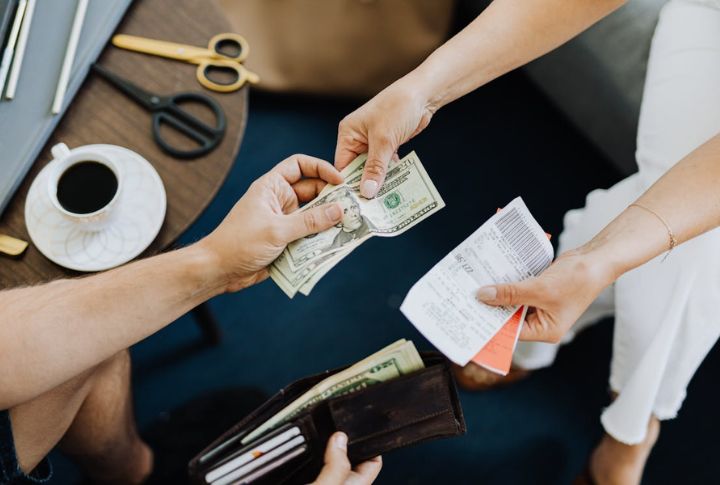
The preference for tapping a mobile device for every purchase can indicate comfort with digital convenience and tracking. Yet, many wealthy individuals may still opt for cash for large purchases because they value privacy. Similarly, some budget-conscious consumers use cash to physically limit their spending and stick to a strict budget.
Reaction To Group Bill Splitting
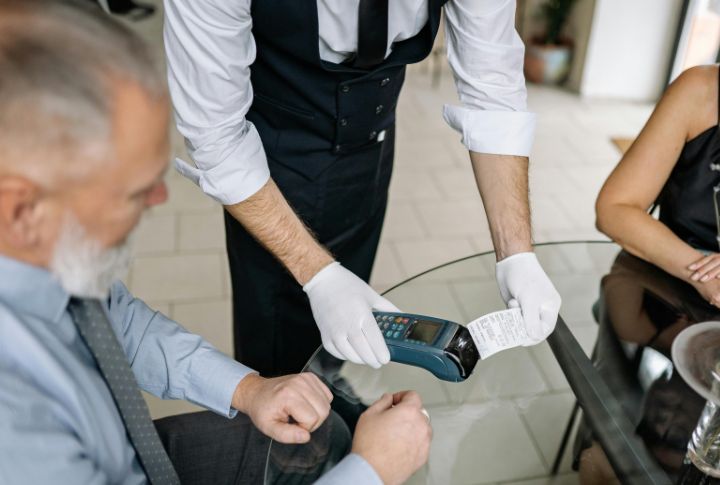
When the check arrives, the person who immediately splits the bill evenly or simply covers the whole tab shows financial ease. In contrast, someone who insists on carefully calculating only their portion or requesting a separate check is likely managing their spending very closely.
Frequency And Type Of Public Dining

Eating at high-end, upscale restaurants can frequently suggest significant disposable income. Regular visits to more casual or mid-range spots imply a budget that allows for social outings but requires careful planning. Restaurant choices may also reflect how much money they have to casually spend on experiences.
Condition And Upkeep Of Personal Items

A person’s consistent use of the latest model phones, pristine designer bags, and spotless shoes sometimes suggests an ability to afford easy replacements and high-end maintenance. However, people under financial strain often use older, visibly worn items and maintain them with DIY repairs.
Public Conversations About Money

Loud public conversations about money troubles or payment deals could sometimes reflect genuine financial strain. Especially when the tone is urgent or emotionally charged. On the flip side, those with substantial wealth discuss money differently with more strategy and purpose. Their conversations might center around investments or business moves.
Participation In Pay-To-Play Activities

Time spent on hobbies that demand memberships or VIP privileges reflects real financial independence. People operating on tighter budgets naturally gravitate toward free community events or public spaces. The price tag on their hobbies effectively filters their social circle.
Visible Tech Upgrades (phones, Earbuds, Watches)
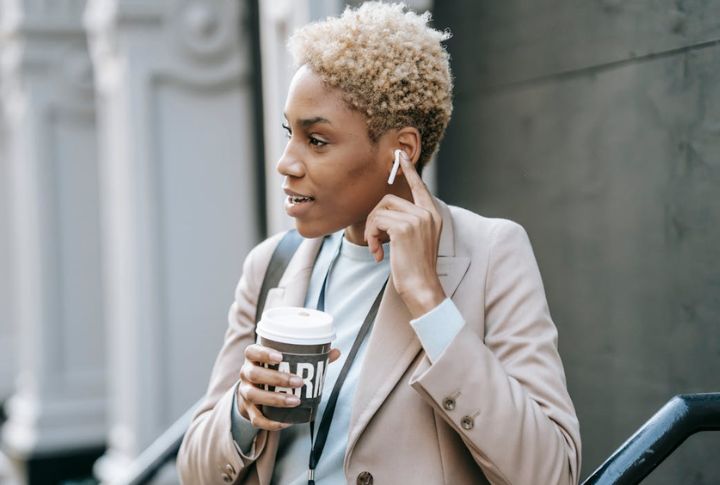
Gadget choices have become a modern, very visible status symbol. Someone who believes owning the newest flagship smartphone or premium wireless earbuds is an affluent behavior indicates a readily available disposable income. Holding onto a phone that is clearly a year or two old tends to suggest a more sensible, budgeting approach.
How They Treat Service Workers In Public

A consistent, polite, and patient manner toward service workers can indicate a comfort with social hierarchies and one’s own status. However, wealthier individuals also tend to be consistently generous with tips, which correlates with their higher income. Their demeanor shows how they view themselves relative to others.
Spending Behavior At Street Markets Or Pop-Ups

Those who are budget shoppers will spend time negotiating and comparing prices at markets, showing a need to maximize every dollar. The wealthy browser, however, may pays full price without hesitation, which vendors notice. This willingness to spend freely can earn them special attention and access to unique, off-menu deals.
Public Grooming And Self-Care Rituals
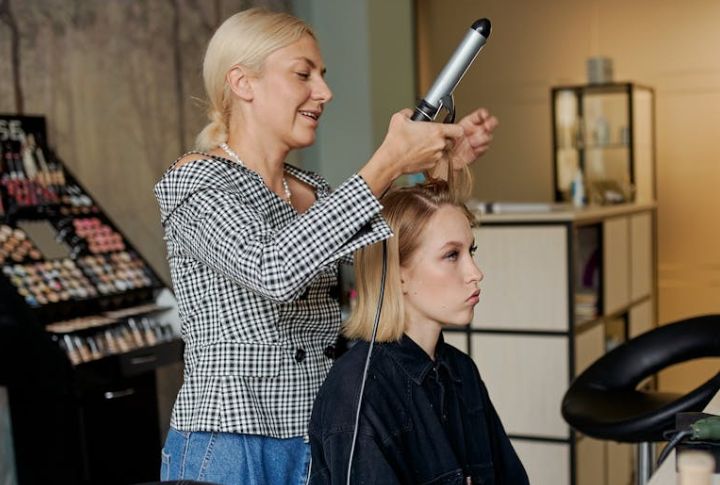
Expensive grooming habits like regular, high-end spa services, premium hair treatments, and manicures clearly require significant disposable income. Conversely, people with tight budgets space out basic trims and stick to a practical, minimalist self-care routine. The cost of their maintenance is a financial tell.
Use Of Loyalty Cards, Coupons, Or Discount Apps
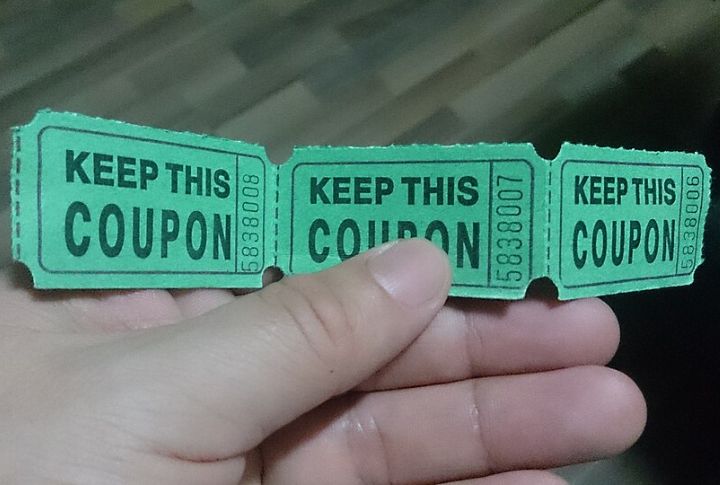
Seeing a person use a loyalty card or coupon doesn’t necessarily mean they’re poor; it suggests a smart spending psychology. Many wealthy people actively use discount apps because they understand and value saving money. Practical money wisdom is about priorities, not just the size of the bank account.
Choice Of Luggage Or Travel Gear In Transit Hubs

A traveler carrying pristine, premium-branded luggage implies they prioritize quality and display status while moving through the world. Thrifty travelers, though, usually rely on practical, well-worn bags chosen for functionality over appearance. A worn or pristine suitcase can hint at someone’s financial priorities.
Reaction To Charitable Solicitations Or Fundraisers

When approached for a donation, someone with money might make a quick, clean exit or simply write a check without fuss. People with less financial flexibility have to manage the uncomfortable situation by offering long, apologetic explanations. The response reveals their actual capacity for casual giving.
Presence And Type Of Childcare In Public Outings

Parents who consistently have professional nannies or au pairs with them in public are clearly spending a significant amount on childcare. Meanwhile, families relying on relatives or managing the supervision themselves can be doing so out of financial necessity. Economic resources clearly shape daily caregiving arrangements.
Public Celebration Spending (birthdays, Promotions)

Observe how a person celebrates milestones; it reveals their financial status. Extravagant parties with lavish venue rentals and endless open bars scream wealth. Meanwhile, more modest celebrations, like a simple coffee date or a small home gathering, typically suggest a constrained budget.
Visible Dental Or Medical Enhancements

Having pristine dental veneers or extensive cosmetic dentistry is a clear sign of financial prosperity. These procedures are highly costly and rarely covered by standard insurance. People facing economic constraints usually have untreated dental issues, as they lack access to the more expensive cosmetic enhancements.

